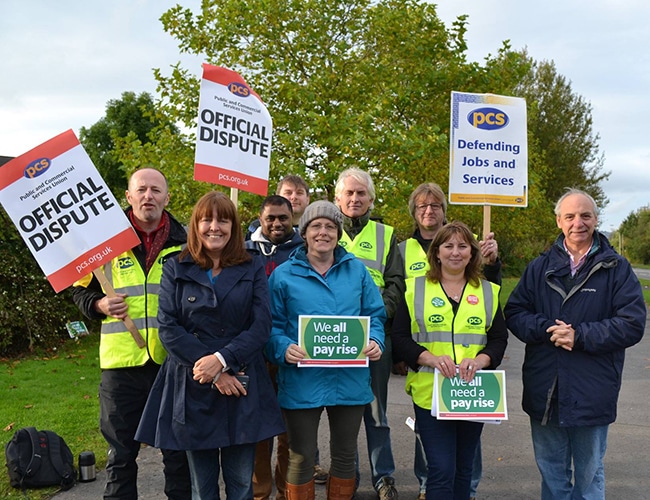- 11/11/2021
- Posted by: Mike Hedges MS
- Categories: Latest News, Press Releases

Swansea East MS welcomes investment in new microbiology equipment that could identify bacteria in minutes and reduce the chances of sepsis
Welsh Labour’s Member of the Senedd for Swansea East, Mike Hedges MS, has welcomed an announcement from the Welsh Labour Government that more than £1.2m is to be invested in six new bacterial analyser machines that can identify bacteria from infections in minutes instead of hours.
Ensuring speedy identification of the bacteria causing infections means patients will get the right antibiotic therapy quicker, improving their treatment and recovery. Timely and effective treatment can also prevent infections developing into sepsis and helps reduce antimicrobial resistance by effectively killing the bacteria and preventing the emergence and spread of resistant bacteria.
The Welsh Government funding will replace four analyser machines – which are currently based in Cardiff, Swansea, and Rhyl – and further expand capacity through the purchase of two additional machines.
Welcoming the funding, Mike Hedges MS, said:
“This investment from the Welsh Labour Government in new bacterial analyser machines will greatly enhance the NHS’s ability to quickly identify bacterial infections, ensuring that patients will receive the right course of antibiotic therapy quicker which will improve their treatment and recovery.
“It will radically transform the way in which bacteria from infections is identified, reducing the timescale from hours to minutes.”
The Matrix-Assisted Laser Desorption Ionization Time-Of-Flight Mass Spectrometry (MALDI-TOF MS) analysers, which process an average of 150,000 samples a year for the PHW NHS Trust’s microbiology service, need replacing as they require increased level of manufacturers support and preventative maintenance.
The machines play a vital role in identifying bacterial infections and which antibiotics would be most effective in treating them. The current machines can take between 12-18 hours to produce results, whilst the new ones aim to identify them in 10 to 20 minutes.
They will also help with infection control management of antimicrobial resistant pathogens.

